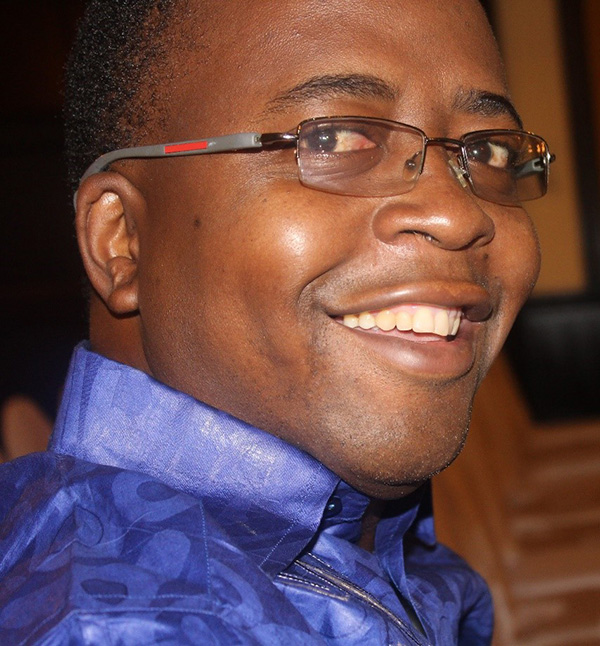Water is a limited natural resource and for Africa to improve its management of this resource, artificial intelligence (AI) and machine learning skill sets need to be taught and embraced at institutions of higher learning.
This is one of the conclusions of Prof Jean-Marie Kileshye Onema, executive manager for the Southern African Development Community (SADC) WaterNet and extraordinary professor at the Faculty of Natural and Agricultural Sciences of the North-West University (NWU). He recently travelled to the United States for a meeting of international researchers and scientists who contribute much-needed research in various water-related projects.
According to Prof Onema, the researchers and scientists met in Boston to reflect on future perspectives of statistical hydrology in the face of AI and machine learning.
He said career paths at the intersection of machine learning, AI and water resources management were among the crucial aspects discussed at the meeting, which was facilitated by the International Association of Hydrological Sciences.
“It appears that the proficiency and competence levels require an overhaul, or rather, a different approach, in order to capitalise on or harness the great potential from AI and machine learning that can no longer be ignored,” says Prof Onema.
How AI can help fill the gaps
Currently, hydrology and water resources management in Africa is characterised by limited measurements and data on the ground, and most river basins are described as ungauged due to declining observation networks and limited information.
Despite the progress made in terms of remotely acquired hydro-meteorological data sets, there is still a need for ground truthing and validation for the African continent.
“AI and machine learning are driven by data sets and high-performance computing abilities, supported by relevant human meta-competencies,” explains Prof Onema.
He and researchers from across Africa and Europe recently investigated the need to foster the uptake of new and existing innovations for water and climate solutions. This calls for a systemic approach that reconsiders the traditional way of conducting capacity building.
The need to consider the enabling environment and governance under which such innovations and solutions were birthed is one of the aspects, he says. Non-technological and technological advances, human and institutional capacity, as well as knowledge brokerage, were also identified as prerequisites for the optimal implementation of the concept of social innovation.
“AI and machine learning shows disruptive elements in the search for optimal hydrological assessment and water resources management that we cannot afford to ignore.”
Prof Onema is of the view that although strides have been made towards capacity strengthening, the challenge for learning and training institutions is to focus more on skills acquisition.
“This calls for some serious reflective learning, taking into consideration the ever-increasing need for speed and knowledge-based approaches in the provision of water resources solutions,” concludes Prof Onema.

Prof Jean-Marie Kileshye Onema believes that new skill sets and competencies are needed in water resource management in the age of AI and machine learning.
